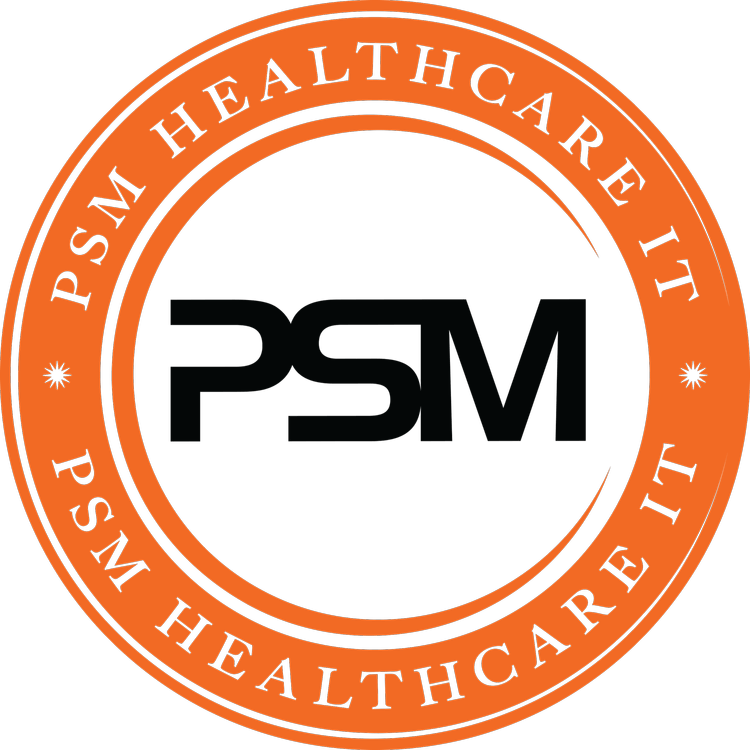Navigating the intricacies of PACS administration can be a daunting task for many healthcare professionals, radiology systems administrators, certified radiology administrators, and successful imaging informatics. From optimizing workflows to ensuring compliance, the challenges are vast. However, with the right strategies in place, managing PACS systems can transform into a seamless and efficient process. Whether you’re a seasoned administrator or just starting, this guide will equip you with the knowledge needed to excel in PACS management. Stay tuned for expert advice and practical solutions to elevate your PACS administration game.
Key Takeaways
-
Understand the Responsibilities: The role of a PACS administrator involves managing medical imaging systems efficiently and ensuring smooth operations.
-
Educational Requirements: Pursuing relevant education and training in fields like healthcare information technology or radiologic technology, including radiology it, can pave the way to becoming a PACS administrator.
-
Importance of Certification: Obtaining certifications such as the Certified Imaging Informatics Professional (CIIP) can enhance your credibility and career prospects in PACS administration.
-
Strategic Job Applications: Tailoring your job applications to highlight your technical skills, experience, and certifications can increase your chances of landing a PACS administrator role.
-
Continuous Learning: To stay competitive in the field, consistently seek opportunities for professional development, stay updated on industry trends, network with peers in the healthcare IT sector, and become a certified pacs interface analyst or certified pacs system analyst.
-
Persistence and Adaptability: Aspiring PACS administrators should remain persistent in pursuing their career goals, be adaptable to technological advancements, and demonstrate a commitment to ongoing learning and growth.
Role of a PACS Administrator

Core Responsibilities
PACS administrators play a crucial role in implementing PACS software updates and patches to ensure the system’s optimal performance. They need to conduct these updates regularly to keep the software functioning efficiently. Monitoring the system performance is another key responsibility, allowing them to identify and address any issues promptly. When problems arise, troubleshooting skills are essential for resolving technical glitches swiftly. Collaboration with IT teams is vital for maintaining data security and compliance with healthcare regulations. By working together, they can create a robust infrastructure that safeguards patient information.
Importance in Healthcare
The role of a PACS administrator is pivotal in healthcare as it directly impacts patient outcomes. By ensuring the smooth operation of PACS systems, administrators contribute to enhancing diagnostic accuracy and speed in patient care. This efficiency translates to quicker diagnoses and treatment plans, ultimately benefiting the patients. Moreover, their efforts lead to improved workflow efficiency for radiologists and other healthcare staff. Streamlining processes within radiology departments can significantly boost productivity and reduce wait times for patients. PACS administrators enable remote access to medical images, allowing healthcare professionals to consult and collaborate on cases from different locations. This capability enhances interdisciplinary communication and facilitates timely decision-making.
Path to Becoming a PACS Administrator
Education Requirements
To embark on the path to becoming a PACS administrator, individuals typically start by pursuing a degree in Health Information Management or Medical Informatics. This educational foundation equips them with the necessary knowledge of healthcare IT, medical imaging, and data management. By completing coursework in these areas, aspiring administrators gain a solid understanding of the core concepts essential for PACS administration. Practical experience is also crucial, which can be acquired through internships or job shadowing opportunities within healthcare settings.
Certification Needed
Certifications play a vital role in validating the expertise of PACS administrators. One of the key certifications is the Certified Imaging Informatics Professional (CIIP) offered by ABII. This certification demonstrates advanced knowledge and skills in managing PACS systems effectively. Acquiring the CompTIA Network+ certification provides a strong foundation in networking fundamentals, essential for maintaining and troubleshooting PACS interfaces. Completing the Google IT Support Professional Certificate further enhances one’s IT skills, offering a broader understanding of technical aspects relevant to PACS administration.
Gaining Experience
Hands-on experience is invaluable for aspiring PACS administrators, and participating in PACS implementation projects is an excellent way to acquire practical skills. By actively engaging in these projects, individuals can familiarize themselves with the intricacies of PACS systems and gain valuable insights into their operation. Volunteering for healthcare IT initiatives outside of formal roles allows individuals to broaden their skill sets and explore different facets of PACS administration. Seeking mentorship from experienced professionals in the field offers guidance and mentorship, helping individuals navigate the complexities of radiology systems administration effectively.
Education and Training
Relevant Degrees
Earning a Bachelor’s degree in Health Informatics or Healthcare Administration provides foundational knowledge for PACS administration. Pursuing a Master’s degree in Medical Informatics or Health Information Management offers advanced expertise in the field. Specialized degrees in Imaging Informatics or Radiologic Sciences focus on specific aspects of medical imaging technology.
Specialized Programs
Engage in PACS Administrator training programs to gain specialized knowledge in managing Picture Archiving and Communication Systems. Participate in workshops that focus on PACS optimization and enhancing workflow efficiency within healthcare settings. Attend conferences dedicated to healthcare IT and advancements in medical imaging to stay updated with industry trends and innovations.
Certification Process
Exam Preparation
Studying for certification in PACS administration involves rigorous preparation. Candidates often assess their readiness by taking practice exams, simulating the actual certification tests. By doing so, they can identify areas needing improvement and focus their studies accordingly. Reviewing study materials on imaging informatics and networking concepts is crucial for mastering the technical aspects of diagnostic imaging procedures. Understanding these concepts is fundamental to excelling in the certification process.
Joining study groups or participating in online forums can enhance the learning experience. Collaborating with peers allows candidates to discuss challenging topics, share insights, and clarify doubts. This interactive approach not only reinforces understanding but also provides diverse perspectives on diagnostic images interpretation and management. Engaging in such group activities can boost confidence and knowledge retention, leading to better performance during the certification examination.
Application Steps
When applying for PACS administration positions, tailoring resumes to emphasize relevant IT and healthcare experience is essential. Highlighting specific skills related to diagnostic imaging procedures and information technology showcases expertise in both domains. Employers seek candidates with a blend of technical proficiency and healthcare knowledge, making it crucial to align the resume with these requirements.
Customizing cover letters to express enthusiasm for PACS administration demonstrates genuine interest in the field. Sharing personal experiences or motivations behind pursuing a career in diagnostic imaging procedures administration can set candidates apart. Employers appreciate individuals who are passionate about their work and show dedication to advancing healthcare through technology.
Following up on job applications with thank-you emails or calls is a professional gesture that reinforces interest in the position. It allows candidates to express gratitude for the opportunity while keeping their application fresh in the employer’s mind. This proactive approach demonstrates professionalism and eagerness to join the organization, showcasing strong communication skills and attention to detail.
Job Application Strategy
Crafting Your Resume
When applying for a PACS administration position, emphasize your technical skills. Highlight proficiency in PACS software and expertise in network troubleshooting. These skills are crucial for effectively managing medical imaging systems.
Incorporate relevant certifications to strengthen your resume. Consider obtaining the CIIP certification to showcase your expertise in imaging informatics. Having CompTIA Network+ certification demonstrates your competency in network administration, a valuable asset in the healthcare IT sector.
Include your experiences in healthcare settings or IT roles related to medical imaging. Describe your responsibilities in managing PACS systems, ensuring data security, and providing technical support to healthcare professionals. This practical experience will set you apart from other applicants.
Interview Preparation
Prepare for the interview by practicing common questions specific to PACS administration. Be ready to discuss your experience with PACS software, troubleshooting techniques, and handling imaging data securely. Demonstrating your knowledge and skills will impress potential employers.
Showcase your problem-solving abilities and decision-making skills during the interview. Employers seek candidates who can quickly resolve technical issues and make informed decisions under pressure. Provide examples of past situations where you successfully tackled challenges in a healthcare IT environment.
Research the healthcare organization’s PACS infrastructure before the interview. Understanding their current systems and challenges will enable you to engage in informed discussions during the interview. Highlight how your skills and expertise align with their specific needs, showcasing your value as a candidate.
Tips for Aspiring Administrators
Stay Focused
As an administrator in PACS, it’s crucial to set SMART goals for career growth. Define Specific, Measurable, Achievable, Relevant, and Time-bound objectives. Aiming for certifications like CIIP can enhance your expertise.
Create a structured study plan to excel in certification exams. Allocate dedicated time for studying each day. Utilize resources like practice tests and study guides to reinforce your knowledge.
Prioritize tasks effectively to manage both daily work responsibilities and professional development. Use tools like task lists or time management apps to organize your workload efficiently.
Stay Motivated
Celebrate achievements such as completing certifications or securing new roles. Recognizing milestones boosts confidence and encourages further success in your administrator journey.
Draw inspiration from successful PACS administrators’ stories. Learn about their challenges, strategies, and triumphs to gain valuable insights for your own career path.
Engage in continuous learning by attending seminars, workshops, or online courses. Staying updated on industry trends and emerging technologies is essential for growth as a PACS administrator.
Commit to Goals
Establish a personal development roadmap with clear short-term and long-term objectives. Define where you want to be in one year, five years, and beyond in your administrator career.
Regularly track your progress towards these goals. Reflect on achievements and setbacks to adjust your strategies accordingly for continuous improvement.
Build a support network of peers and mentors within the PACS community. Surround yourself with individuals who can provide guidance, motivation, and accountability on your journey as an aspiring administrator.
Staying Ahead in Your Career
Continuing Education
Staying current with emerging technologies is crucial in PACS administration. Attend webinars focusing on medical imaging and healthcare IT advancements to enhance your knowledge base. Pursue advanced certifications to demonstrate your commitment to excellence in the field.
Engage in lifelong learning by enrolling in online courses and attending professional workshops regularly. These activities not only expand your skill set but also keep you informed about the latest trends in PACS administration. Continuous education sets you apart as a professional dedicated to growth and improvement.
-
Pros:
-
Enhances knowledge and expertise.
-
Demonstrates commitment to professional development.
-
Keeps you updated on industry trends.
-
-
Cons:
-
Time-consuming.
-
Financial investment may be required.
-
Networking Strategies
Building a strong professional network is essential for career advancement in PACS administration. Joining professional associations such as SIIM (Society for Imaging Informatics in Medicine) or AHRA (Association for Medical Imaging Management) provides valuable networking opportunities. Interacting with peers allows you to share experiences, gain insights, and establish meaningful connections.
Connect with PACS vendors and industry experts at conferences and events. Networking with key players in the field can open doors to new opportunities and collaborations. Leverage social media platforms like LinkedIn to expand your network beyond physical boundaries. Engaging with professionals online can lead to beneficial partnerships and career growth.
-
Attend webinars on emerging technologies.
-
Pursue advanced certifications.
-
Engage in lifelong learning through online courses.
-
Join professional associations for networking opportunities.
-
Connect with PACS vendors and industry experts at conferences.
-
Leverage social media platforms like LinkedIn for networking.
Final Remarks
You now have a clear roadmap to becoming a successful PACS administrator. Focus on obtaining the right education, gaining relevant experience, and obtaining certifications to stand out in the competitive job market. Use the tips provided to navigate your job search effectively and keep advancing in your career. Stay proactive and always seek opportunities for growth and development.
In this fast-paced field, staying ahead requires continuous learning and adaptation. Keep honing your skills, networking with professionals in the industry, and staying updated on the latest trends and technologies. Your dedication and commitment will set you apart as a top-tier PACS administrator. Go out there, apply what you’ve learned, and make a mark in the exciting world of healthcare technology.
Frequently Asked Questions
What is the role of a PACS Administrator?
PACS Administrators oversee the management and maintenance of Picture Archiving and Communication Systems in healthcare settings. They ensure seamless operation, troubleshoot issues, and train staff on system usage.
How can one become a PACS Administrator?
To become a PACS Administrator, you typically need a bachelor’s degree in a related field, such as health information management. Gain experience in healthcare IT roles and consider pursuing certifications like CIIP for career advancement.
What education and training are required for a PACS Administrator role, especially for radiology informatics and siim practical imaging informatics?
A bachelor’s degree in health information management or a related field is often required. Additional training in medical imaging technology, healthcare IT systems, and PACS software is beneficial for this role.
What is the certification process for PACS Administrators?
Certifications like Certified Imaging Informatics Professional (CIIP) can enhance your credentials as a PACS Administrator. These certifications demonstrate your expertise in managing imaging systems and staying updated with industry standards.
What job application strategy should aspiring PACS Administrators follow?
When applying for PACS Administrator roles, highlight your technical skills, experience with PACS systems, and any relevant certifications. Tailor your resume to showcase your understanding of healthcare IT and emphasize problem-solving abilities.
How can PACS Administrators stay ahead in their careers?
To stay ahead in their careers, PACS Administrators should continuously update their knowledge of emerging technologies in medical imaging. Networking with professionals in the field, attending conferences, and pursuing advanced certifications can also be beneficial.





